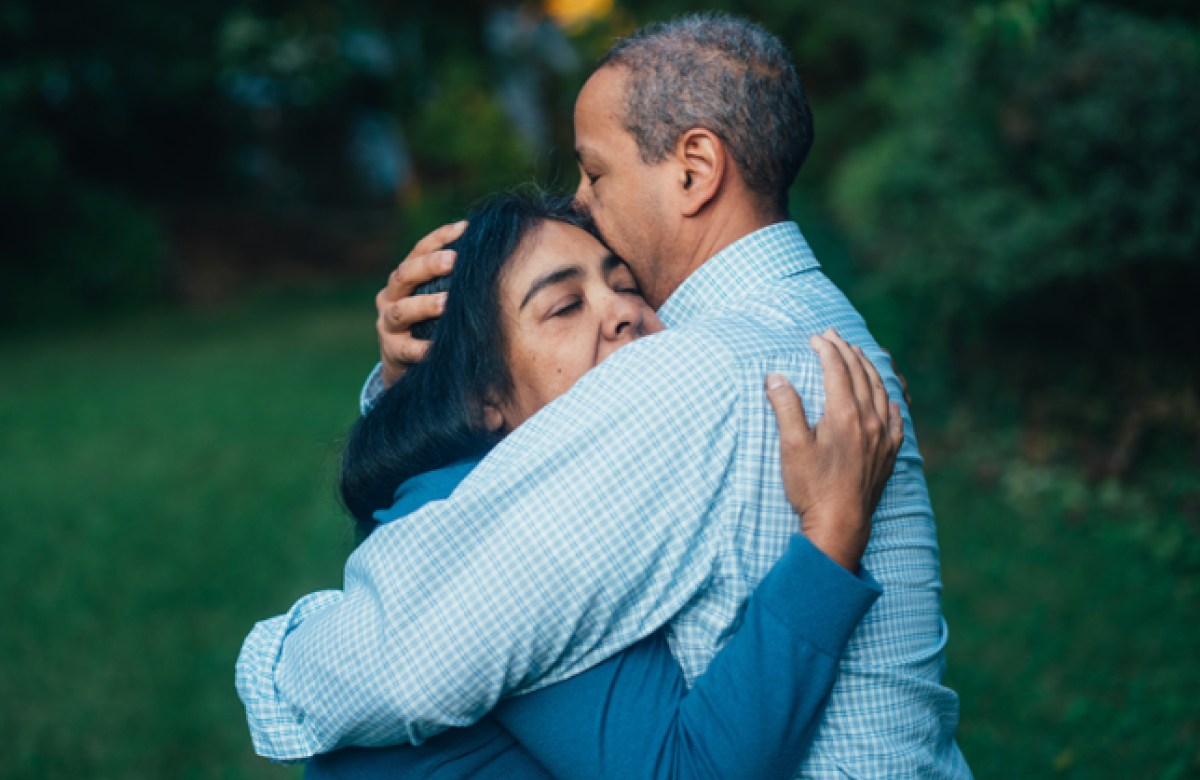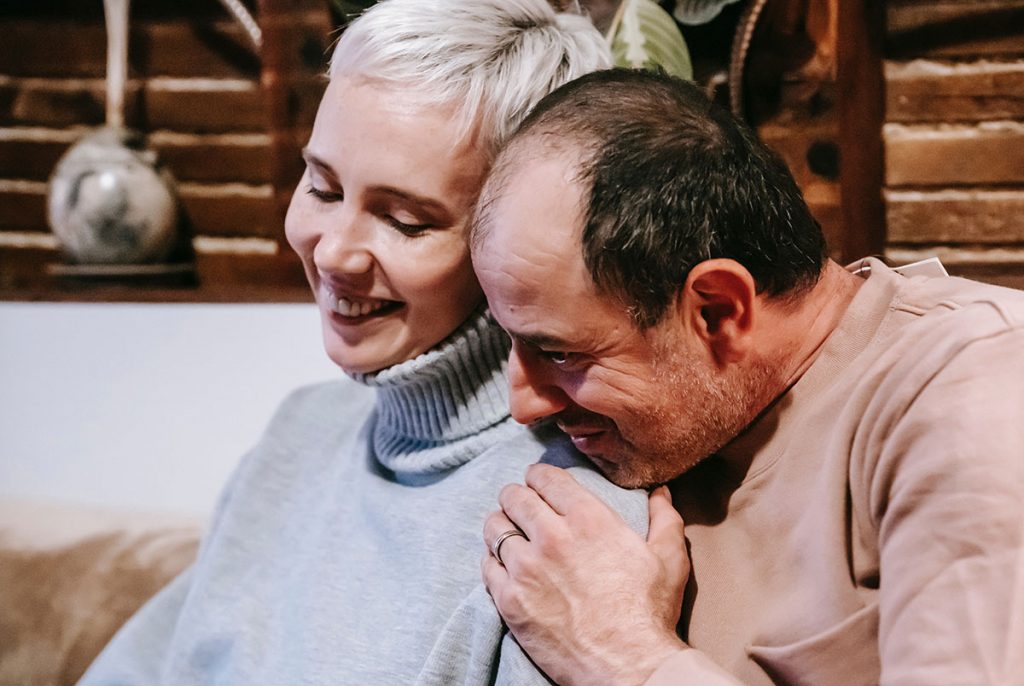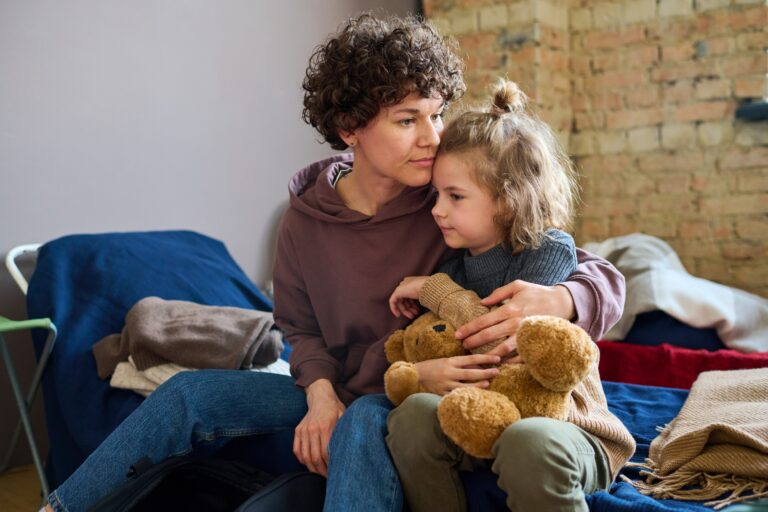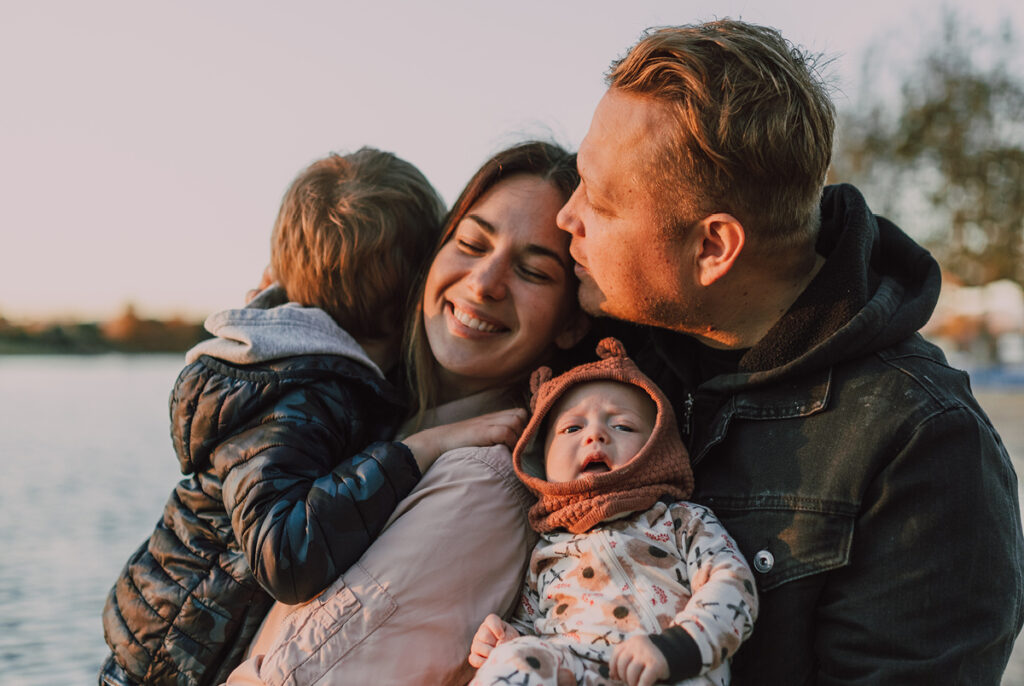
Chronic illnesses such as heart disease, arthritis and diabetes are now increasingly prevalent and chronic pain affects 1 in 5 adults in Australia.
Research tells us that how well individuals cope and manage chronic illness now and in the future, is linked to an individual’s relationships health. In short, good relationships are good for you and bad relationships are bad for you.
When someone is diagnosed with a chronic illness there is a tendency to focus on medical treatments, with the psychosocial aspects of the person often ignored.
Taking a Proactive Approach
Being close to someone who lives with a chronic illness can, at times, be hard. Do you ever wonder if you are being a help or hindrance? Perhaps you feel worn out. These feelings are common.
Relationships are often overlooked in dealing with chronic illness. Research suggests taking a proactive approach to improving relationship health can have positive health outcomes for people living with chronic illness and their loved ones.
Why Work On Your Relationship?
Good relationship health is fundamental to overall wellbeing and working to improve your most important relationships can have positive health outcomes.
All couples experience hard times to some degree and research shows people in happy, satisfied relationships, have better health outcomes than people living in unhappy marriages (Gottman, 1999, p4). The opposite is also true, that bad relationships are bad for you.
Couples typically seek counselling for:
- Becoming emotionally distant from each other
- Experiencing the “spill-over” of other stresses such as managing a chronic illness
- Keep getting stuck on one or more issues
- The relationship is becoming passionless – the ‘fire’ is going out
- There are problems in our sex life
Jack’s Story
Learning to Accept the Things You Can’t Change
Jack, in his early 60’s, is in a long term relationship with Liz, who has been living with chronic illness for the past 10 years. In this video Jack shares how relationship counselling encouraged him to open up and communicate in ways that keep their relationship strong.
“Couples often ignore each others emotional needs out of mindlessness, not malice.”
The Gottman Institute
Get in Touch
If you would like to see a Relationships Counsellor contact 1300 364 277 or visit the Humankind homepage.
Service Acknowledgment
© Human+Kind: Living Better Together by Relationships Australia is licensed under CC BY-NC-ND 4.0












